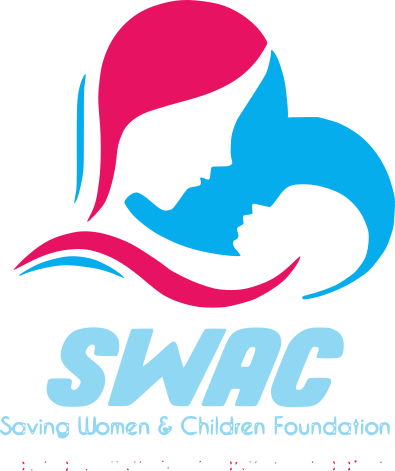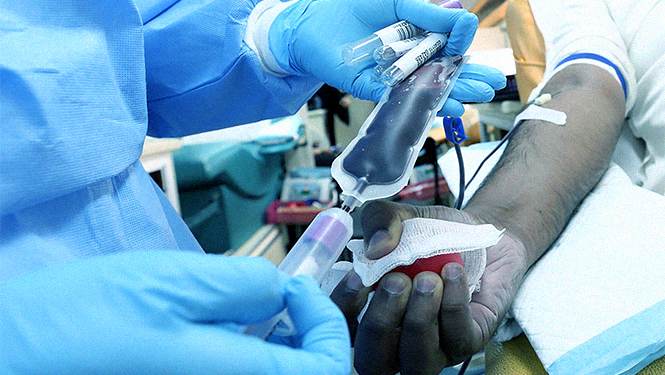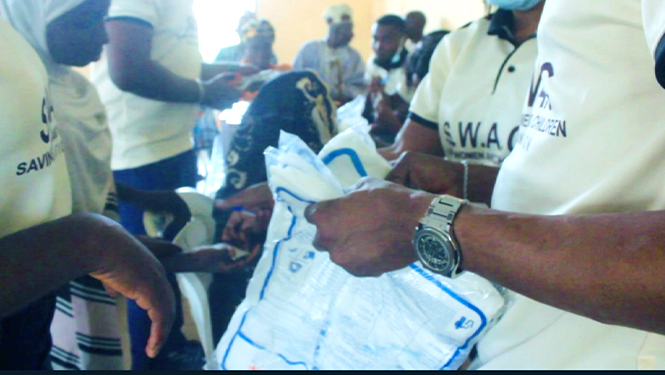A few words about
Our Strategy
What We Do
Swac Foundation achieves it’s mission through a wide range of programs and activities. The foundation bridges socio-cultural information gaps and myths surrounding maternal and infant health especially for underserved, underprivileged and hard to reach women and children under the ages five (5) years in Nigeria.
Our Initiatives
Family Planning
This is achieved through the use of contraceptive services, this information and services are considered fundamental to health and human right. By implementing this initiative we cyclically create a bridge on cultural, traditional and religious beliefs against contraceptive use, as we continue our efforts to curb pregnancy related deaths in Nigeria.
One Pint One Life
Like many other African nations and some other developing countries globally, Nigeria suffers greatly from her poor culture of blood donation. Statistically Nigeria needs an average of 1.8 million pints of blood annually to keep the health of her people safe and sound. Pregnancy complications can double this number increasing maternal and infant mortality rate.
To commemorate world blood donor day the One pint one life campaign a voluntary blood donation drive initiative raises awareness of the need for safe blood and voluntary unpaid blood donation practices.
Prevention of Mother to Child Transmission (PMTCT)
No to malaria in pregnancy
Malaria is responsible for 20% of still births and 11% of all maternal deaths by way of spontaneous abortion, maternal anaemia, placental pathologies, infant mortality and morbidity, intrauterine growth retardation and low birth weight. Maternal mortality is twice higher in pregnant women with malaria than among nonpregnant women. Through our prompt awareness programs and vector control through distribution of free insecticide treated mosquito nets, Indoor residual spraying and rapid malaria testing we significantly offer better outcomes to underserved mothers and children.





